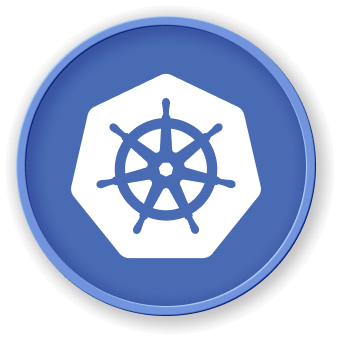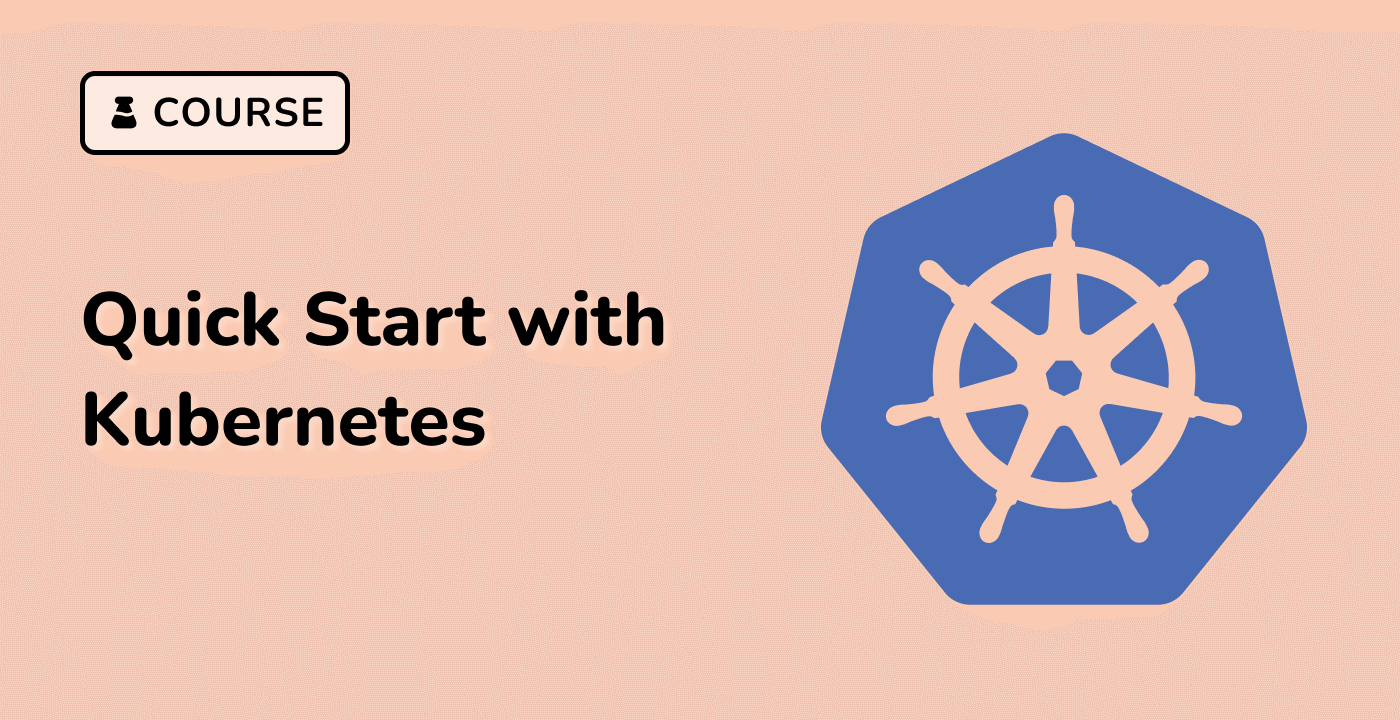Kubernetes Events Overview
Understanding Kubernetes Events
Kubernetes events are critical messages that provide insights into the state and activities within a container orchestration environment. These events capture real-time information about cluster resources, helping administrators and developers monitor system behaviors and diagnose potential issues.
Core Characteristics of Kubernetes Events
graph TD
A[Kubernetes Cluster] --> B[Event Generation]
B --> C[Resource State Changes]
B --> D[System Notifications]
B --> E[Diagnostic Information]
| Event Type |
Description |
Typical Scenarios |
| Normal Events |
Successful operations |
Pod creation, scaling |
| Warning Events |
Potential problems |
Resource constraints, scheduling failures |
| System Events |
Cluster-level notifications |
Node status changes |
Practical Event Monitoring Example
## List events in default namespace
kubectl get events
## Watch real-time events
kubectl get events -w
## Describe specific resource events
kubectl describe pod nginx-deployment-xxxx
Event Architecture in Kubernetes
Events in Kubernetes follow a distributed architecture where each resource type can generate and track its own events. The Kubernetes API server stores these events temporarily, allowing administrators to retrieve and analyze system activities.
Code Example: Event Tracking Script
from kubernetes import client, watch
def monitor_kubernetes_events():
v1 = client.CoreV1Api()
event_watcher = watch.Watch()
for event in event_watcher.stream(v1.list_namespaced_event, namespace='default'):
print(f"Event: {event['type']}")
print(f"Reason: {event['object'].reason}")
print(f"Message: {event['object'].message}")
monitor_kubernetes_events()
This script demonstrates how to programmatically track Kubernetes events using the official Python client library, providing real-time insights into cluster activities.



